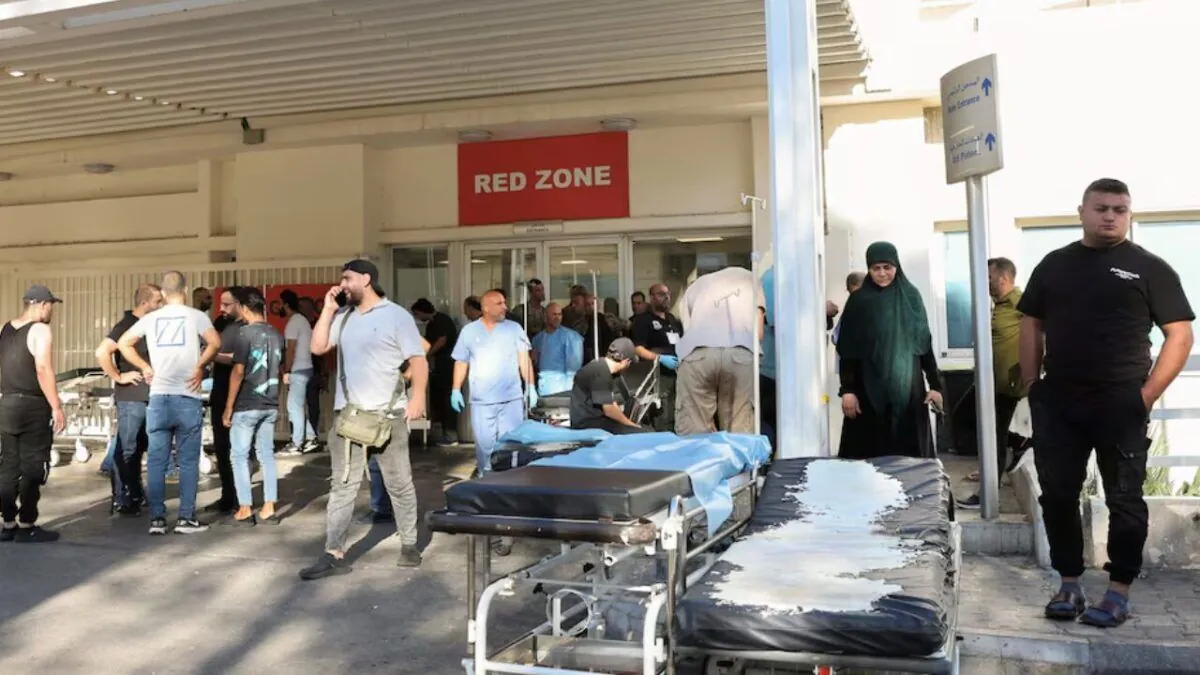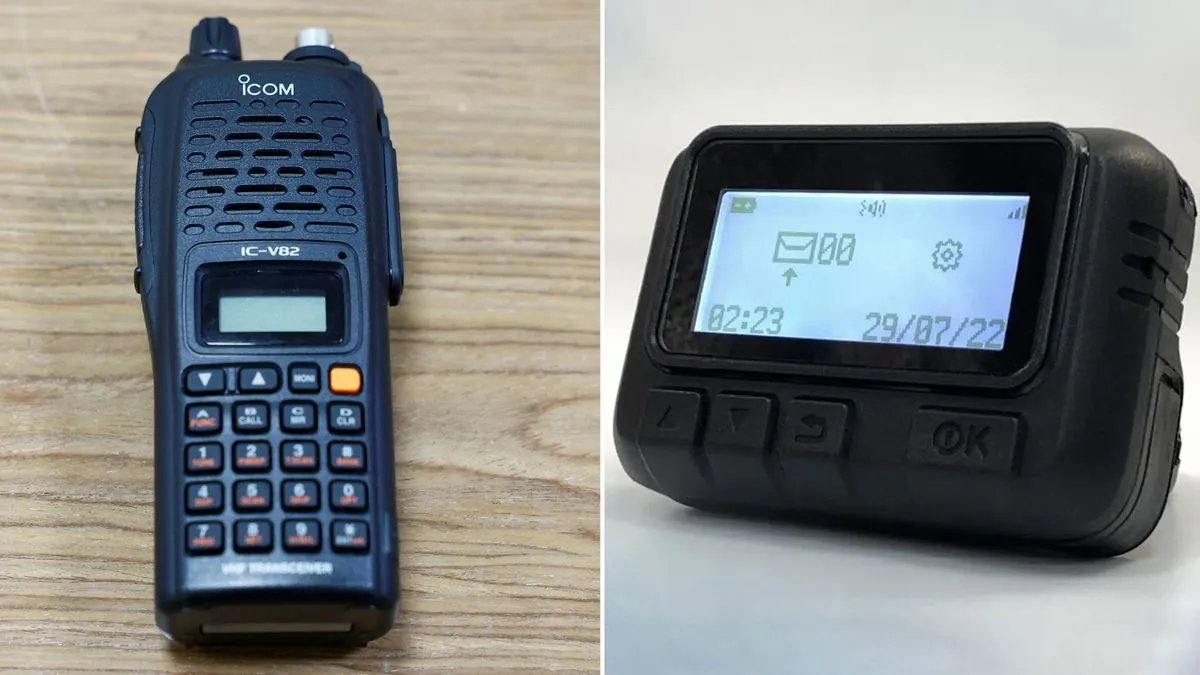Hezbollah Rocked by Explosive Devices Disguised as Communication Tools
Hezbollah faces security crisis as pagers and walkie-talkies explode, causing numerous casualties. The group, known for its military prowess, struggles to explain how the devices evaded detection.

In a shocking turn of events, Hezbollah, the powerful Lebanese militant group and political party, has been hit by a series of explosions caused by compromised communication devices. The incidents, which occurred on September 18 and 19, 2024, have left the organization reeling and raised questions about its security measures.
The attacks began with the detonation of thousands of Gold Apollo branded pagers across Hezbollah's strongholds in south Lebanon, Beirut's suburbs, and the eastern Bekaa valley. The following day, hundreds of walkie-talkies also exploded, resulting in a total of 37 fatalities, including two children, and over 3,000 injuries.
Hezbollah, founded in 1985 during the Lebanese Civil War, has long been known for its military capabilities and sophisticated operations. However, these recent events have exposed a significant vulnerability in the group's security protocols.

Sources familiar with the situation revealed that Hezbollah had been distributing the pagers to its members up until hours before the explosions, indicating a high level of confidence in the devices' safety. The group had reportedly conducted thorough examinations of the pagers since their delivery to Lebanon in 2022, including testing them at airports to ensure they wouldn't trigger alarms.
The explosives, identified as PETN, were hidden in the batteries of the devices, with up to three grams concealed in each pager. This highly explosive compound went undetected for months, despite Hezbollah's routine "sweeps" of its equipment.
"These attacks were unprecedented in the history of our organization."
The consecutive attacks have struck at the heart of Hezbollah's reputation as the most formidable of Iran's allied 'Axis of Resistance' forces in the Middle East. The group, which has participated in Lebanese parliamentary elections since 1992 and maintains a strong military wing, now faces a crisis of confidence.
Israel is suspected to be behind the attacks, with reports suggesting the involvement of its secretive military intelligence Unit 8200. However, Israel has neither confirmed nor denied these allegations. The incident has further heightened tensions in a region already on edge due to ongoing conflicts.
Hezbollah's response to the crisis has been swift but seemingly inadequate. After the pager explosions, the group intensified its sweep of communication systems and began investigating supply chains. However, these efforts came too late to prevent the subsequent walkie-talkie detonations, which proved even more deadly due to their higher explosive payload.
The organization, known for its media arm including the satellite television station Al-Manar, now faces the challenge of explaining this security breach to its supporters and detractors alike. As Hezbollah continues its investigation into how the devices were compromised, the incident serves as a stark reminder of the evolving nature of modern warfare and the vulnerabilities that even the most sophisticated groups can face.


































